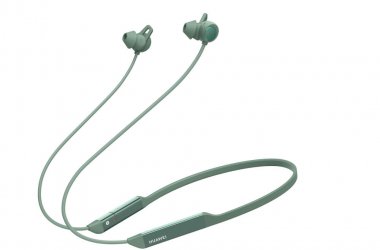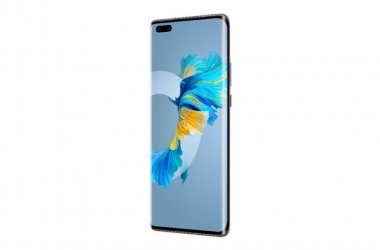Overall mobile shipments in the GCC region totaled 5.9 million units in Q1 2018, which is down by 9.9 percent as compared to the same period last year, according to the latest data from IDC.
The analyst firm noted that the decline stemmed from a 19.7 percent QoQ drop in feature phone shipments, a reversal of the strong 23.0 percent year-on-year (YoY) shipment growth these devices saw in 2017. Smartphone shipments were down 4.7 percent QoQ, with Q1 2018 representing the fourth consecutive quarter of decline.
Poor job security and the introduction of VAT suppressed market sentiment in the region’s two biggest markets, the UAE and Saudi Arabia, with the latter also feeling the effects of a new expat dependent tax that was introduced in 2017.
Total mobile shipments to these two markets declined 14.7 percent and 5.4 percent QoQ, respectively, in Q1 2018, while shipments to Qatar fell 8.8 percent over the same period.
Looking at smartphones in isolation, shipments to Saudi Arabia fell for the fourth consecutive quarter in Q1 2018, contracting 7.5 percent QoQ.
“The size of the overall market in Saudi Arabia is expected to decline over the coming years as a direct result of the new expat dependent tax,” said Kafil Merchant, a research analyst at IDC. “A significant portion of the local population is expected to leave the country due to the introduction of this levy, with the exodus expected to run into the millions. The full impact remains to be felt, however, as many expatriates are waiting for the school year to end before leaving.”
Smartphone shipments to the UAE and Qatar were also down in Q1 2018, falling 4.6 percent and 6.7 percent, respectively, on the previous quarter. “The UAE market is experiencing a significant shift in consumer spending as evidenced by the first-ever cancellation of the spring edition of GITEX Shopper, the largest bi-annual consumer electronics event in the country,” said Nabila Popal, a senior research manager at IDC. “The true impact of this shift can be seen in the independent retail stores of Deira, the traditional trading and commerce center of Dubai, where shops that were previously impossible to lease are now sitting vacant. Organised mall-based retail chains that focus exclusively on consumer electronics are also struggling. Businesses in Qatar, meanwhile, will continue to suffer from the prevailing political challenges and import embargos that have already impacted the country’s mobile phone market.”
The performance of the other GCC markets varied considerably in Q1 2018, with Kuwait seeing a 3.9 percent QoQ decline in smartphone shipments, while Bahrain and Oman bucked the regional trend to post respective growth rates of 3.4 percent and 6.0 percent for the quarter.
Nokia continues to dominate the vendor landscape for feature phones, garnering 87.0 percent share of the overall GCC market in Q1 2018. On the smartphone front, Samsung maintained its lead with 35.0 percent share of the region’s shipments in Q1 2018, while Apple and Huawei ranked second and third with respective shares of 24.0 percent and 14.0 percent.
Cheaper second- and third-tier smartphone brands are benefiting from the depressed market sentiment, with global brands such as Oppo, Xiaomi, and Tecno, as well as local brands like Lava and Ibrit, all making slow and steady progress. “Ibrit is a relatively unknown new brand, but it has made significant progress in the UAE in a short period of time and is aiming to expand its footprint across the region,” said Popal. “While all these brands have adopted a different strategic approach, their low price points and high-end specs are key factors driving uptake of their devices.”
Looking ahead, IDC expects overall mobile phone shipments to the GCC to decline 6.3 percent YoY in 2018. Given the prevailing market challenges, it will take some time for the market to adjust and for consumer behavior to stabilize.





